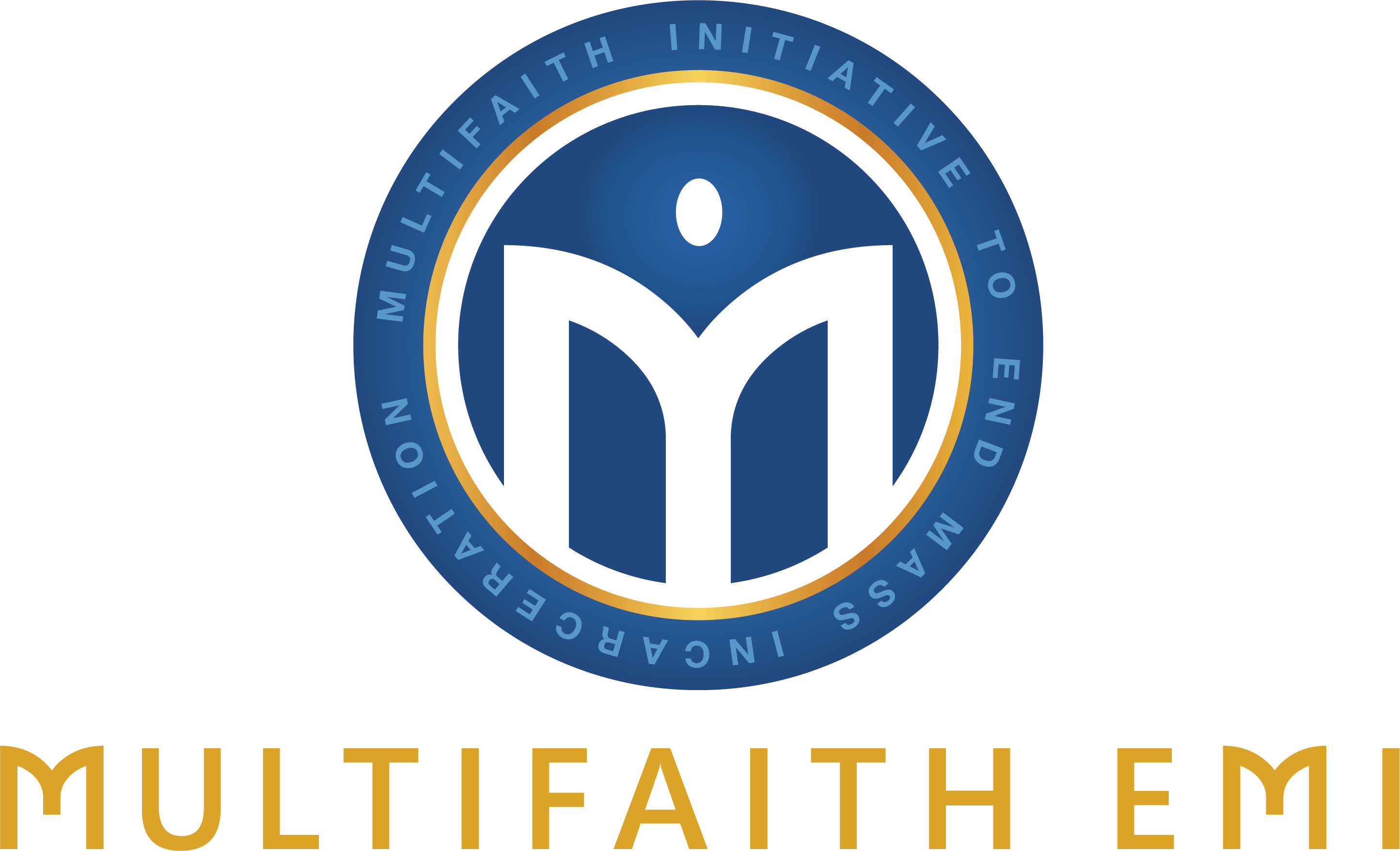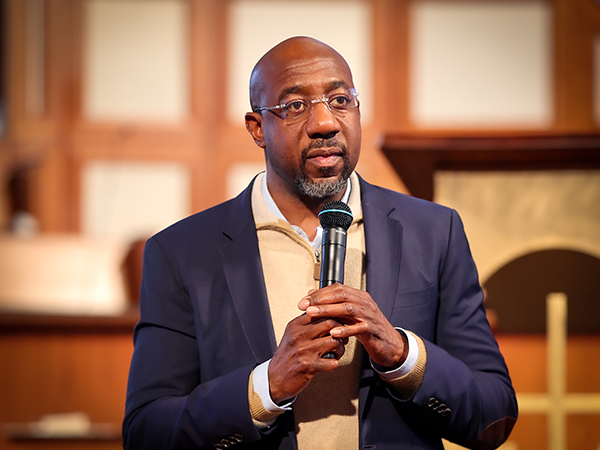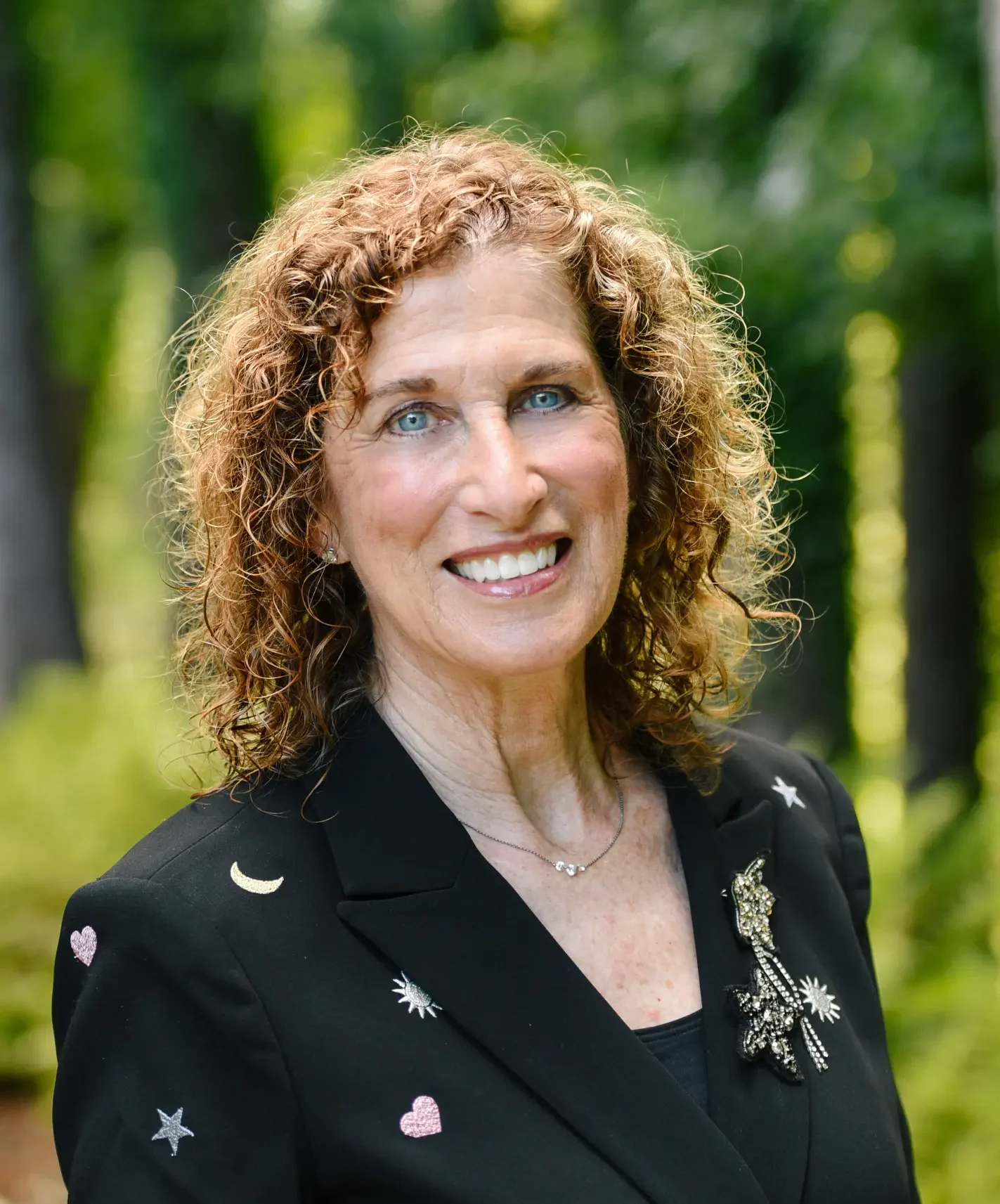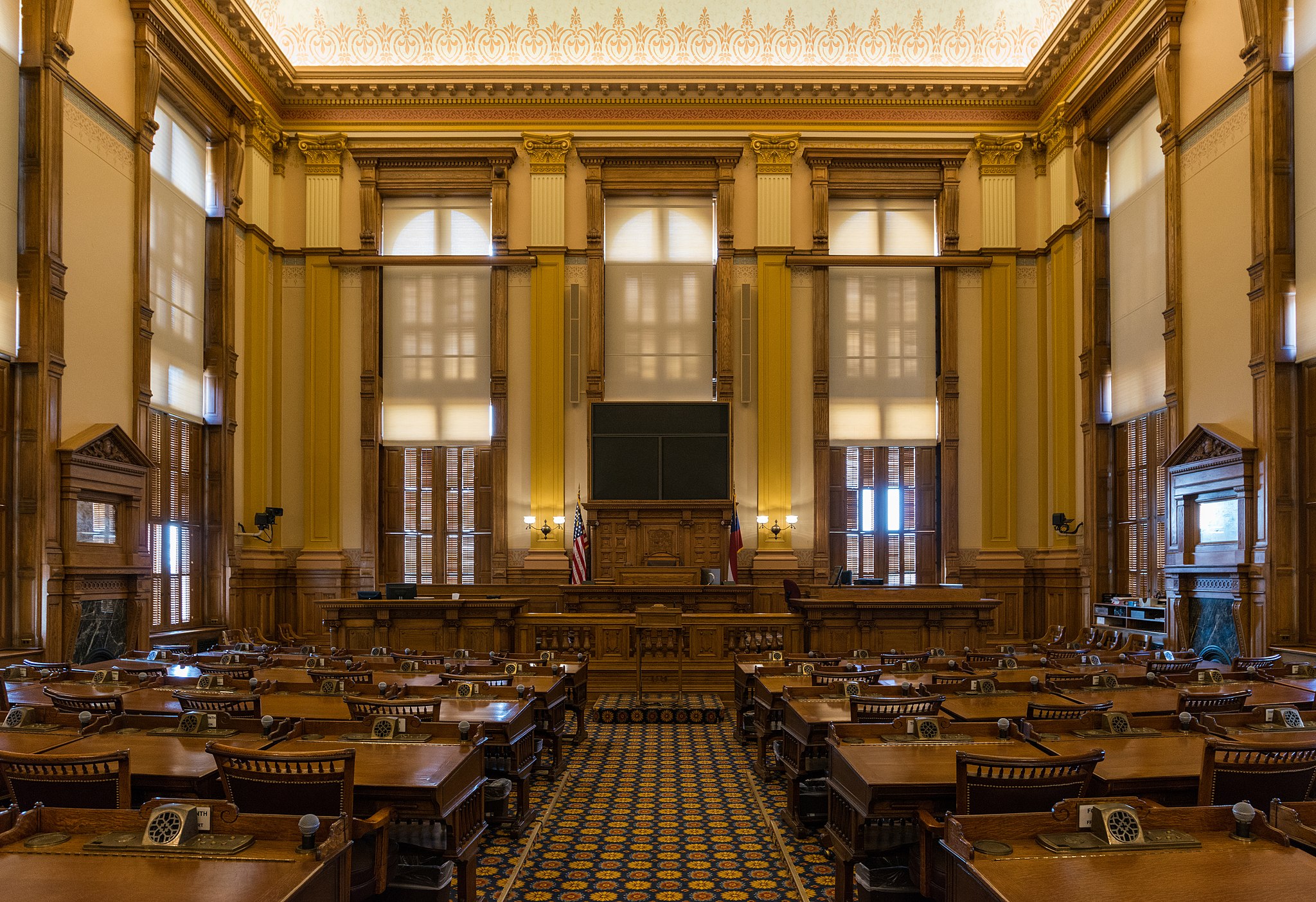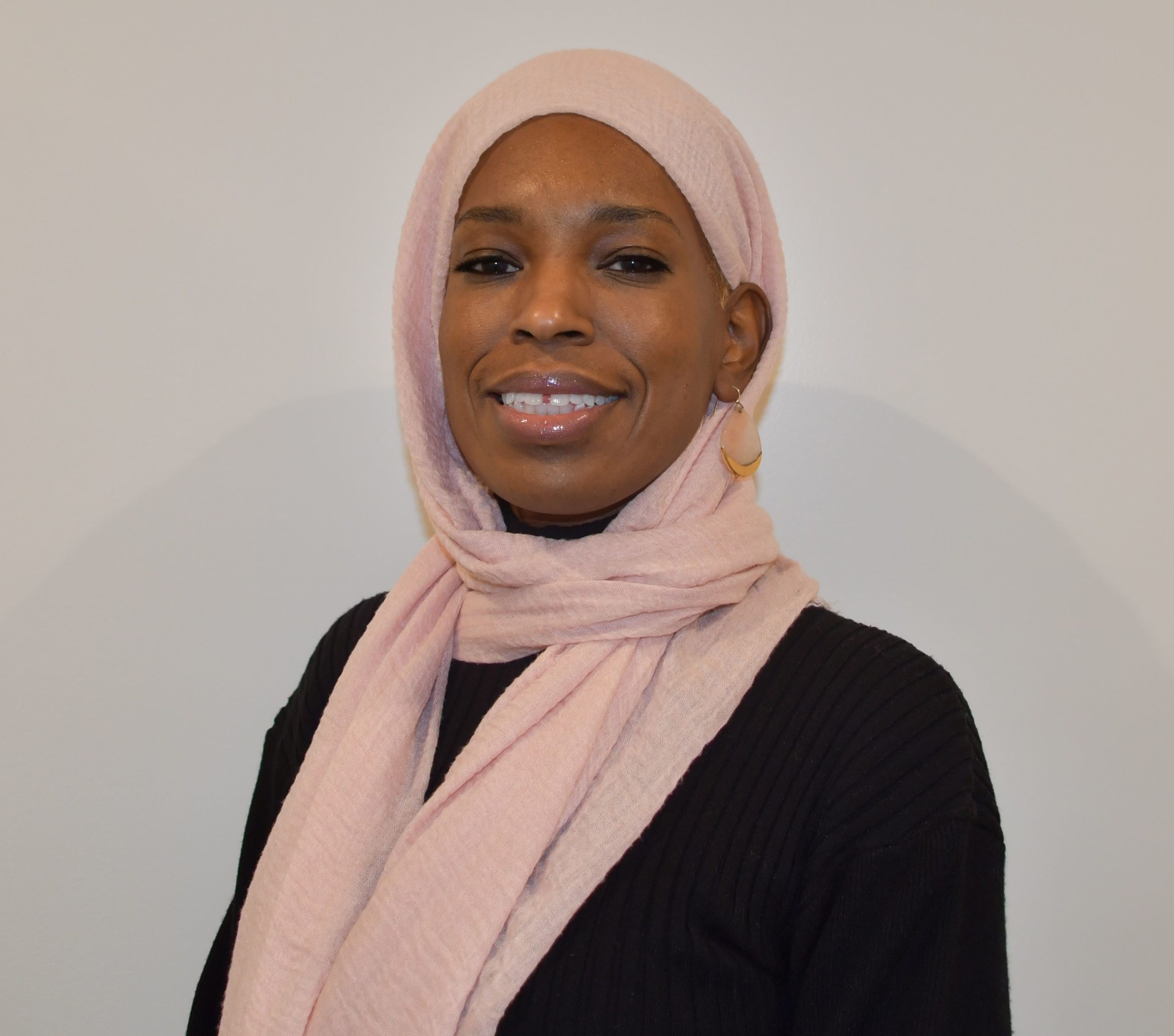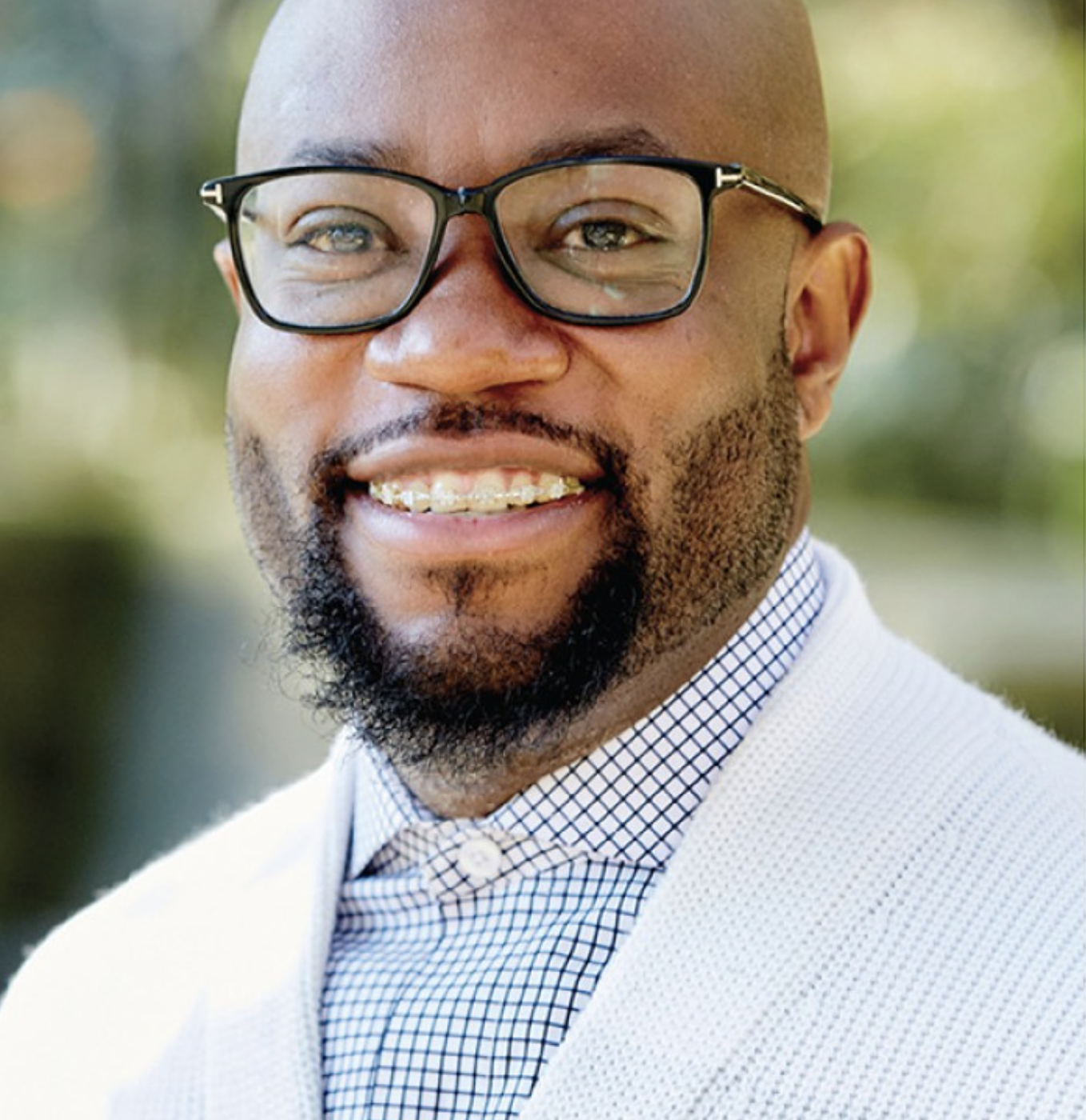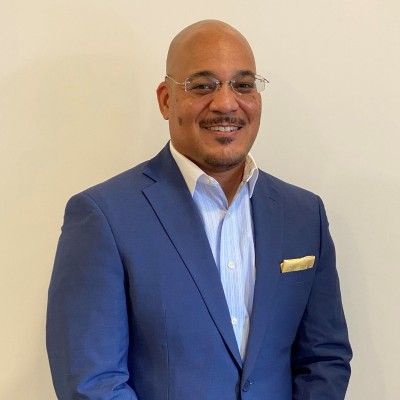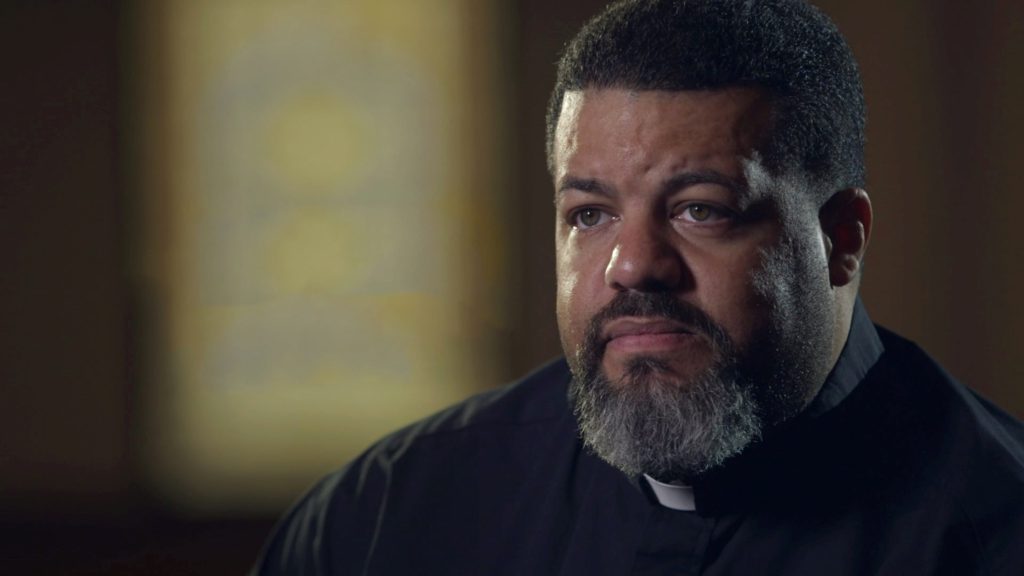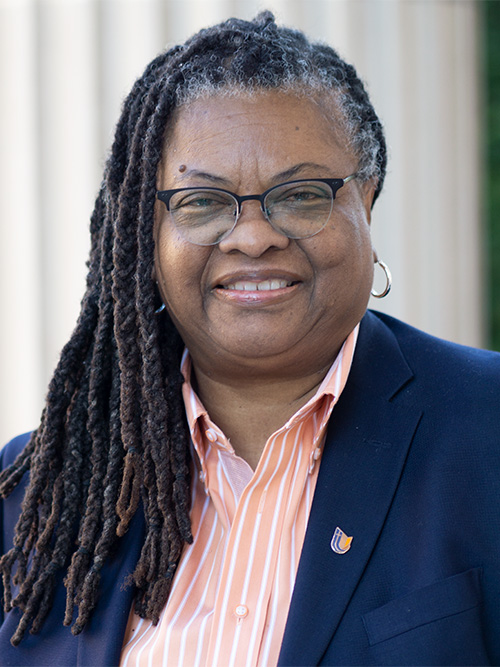Michelle Alexander has persuasively argued that the mass incarceration of tens of thousands of black men for nonviolent drug-related offenses and the lifelong consequences that result are constituent parts of The New Jim Crow. I agree. There is no clearer example of America’s unfinished business with the project of racial justice in a putatively post-racial era than the 21st century caste system engendered by its prison industrial complex. Moreover, I submit that there is no more significant scandal belying the moral credibility and witness of American churches than their conspicuous silence as this human catastrophe has unfolded over the last three decades.
It seems to me that our nation needs an interracial and interfaith coalition of principled people committed to the hard work of abolishing mass incarceration, the new (and improved) Jim Crow. But while arguing for this, I must admit that so far neither the black church nor black theology has put forth a clear theological voice and moral witness on the subject of mass incarceration and its human rights implications in the 21st century. To be sure, scores of black churches have prison ministries and some even have reclamation ministries for formerly incarcerated individuals.1 But there is a vast difference between offering pastoral care and spiritual guidance to the incarcerated and formerly incarcerated and challenging the public policies, laws and policing practices that lead to the disproportionate incarceration of people of color in the first place. The relative absence of an interfaith movement addressing itself to the glaring political contradictions of mass incarceration can be attributed to: 1. A sharp emphasis upon privatistic piety; 2. The social and moral stigma attached to the issues of crime, the drug trade and those involved; and 3. The need for an intentional pastoral ministry that understands the difference between charity and justice.
The black church is—for reasons of history and theology—a church with a divided mind.2 Shaped by the evangelical fervor of the period of the Great Awakening and other similar revivalist movements, its proclamation has posited the theological sensibilities of a profoundly privatistic piety, emphasizing the freedom of the individual soul. On the other hand, because it was formed within the context of the American slavocracy and born fighting for freedom, the black church also has embodied in its proclamation and demonstrated through its praxis a prominent theme of political protest aimed at the biblical view of salvation as deliverance into a “good and broad land,”3 “a new heaven and a new earth.”4 Put another way, black churches have addressed their ministries both to the slavery of sin and the sin of slavery. To be sure, in the broad sweep of black church history, both themes are present and prominent, sometimes complementing and at other times competing with one another for dominance as the black church wrestles through the dilemmas and double-consciousness of its own identity and sense of mission.
Yet because the soteriological imagination of American churches has tended to be largely individualistic in a way that mirrors the culture itself and because black churches have not been sufficiently self-reflective about the theological meaning of their own distinctive history and liberationist heritage of radical protest, a privatistic piety emphasizing the salvation of individual souls while eschewing the hard political work of transforming the society tends to be the default position, even for black churches. Because it too is a largely evangelical church, it is not too difficult to see how the black church, caught up in the unexamined political presuppositions of the American evangelical ethos, can become self-alienated from its own liberationist legacy. Moreover, with the increasing middle-class upward mobility of much of its membership in the decades after the civil rights movement increasing alienation from the black church’s revolutionary sensibilities risks becoming wholesale abandonment of the work of freedom fighting as even relevant to its Christian identity and praxis. Amidst the serenity and “safety” of the sanctuaries of our churches, the focus is upon souls alone because the endangered black bodies warehoused in America’s prison industrial complex, unlike those oppressed during the era of Jim Crow segregation, are both out of sight and out of mind. Yet this kind of truncated view of salvation has always been dangerous, particularly for oppressed people. Its tragic political implications can be clearly seen in a letter written by George Whitefield, a prominent preacher during the first Great Awakening and a fierce advocate of saving the souls of slaves while keeping their bodies in physical bondage. He gloats that “near (sic) 50 negroes came to give me thanks for what God had done to their souls…I believe masters and mistresses will shortly see that Christianity will not make their negroes worse slaves.”5 To the contrary, African American Christians resisted this truncated view of salvation, embracing instead a view of divine liberation both from the slavery of sin and the sin of slavery. Evidenced in the spirituals, the prominence and distinctive hermeneutical deployment of the “exodus motif,” subversive survival ethics like “puttin’ on ol’ massa” and other elements of the slave tradition is an oppositional piety whose distance from that expressed by Whitefield was “wide and deep,” representing what Dwight Hopkins calls “the co-constitution of the black self” under the divine aegis of a God who wills human freedom.
THE FULL LECTURE CAN BE FOUND IN THE RESOURCE TOOLKIT PDF, PAGE 20
